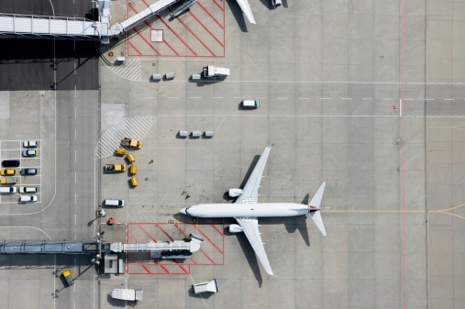
By Willie Walsh, IATA's Director General
Last week IATA revealed that airfares purchased for travel commencing in Europe (from and within) in June 2023 were, on average, 16% higher than in June 2019. That is about four percentage points below the cumulative 20% increase in the European Consumer Price Index over the same period.
We released this information to correct speculation in Europe that airfares were increasing well above the rate of inflation. It was surprising, therefore, to see ACI-Europe almost immediately attack their customers and claim that European airfares for the peak July-September 2023 period were 38-47% more expensive than in 2019.
Data does not lie. It is unequivocal that the fares paid by consumers for travel in June 2023 were, on average, 16% higher than the fares paid in June 2019 for travel originating in Europe. We even ran the same analysis for July-September and came up with the same 16%.
So, how could ACI-Europe come to such a different view? From what I can see, ACI Europe used data from a source that scrapes websites for airfares on offer. IATA’s data, however, was calculated from fares reported for real tickets purchased by real travellers. This is what matters when tracking airfare inflation, not what consumers might have paid. But the gap between the two is a clear indicator that travellers are sufficiently savvy to find competitive prices for their travel needs in a transparent market.
I’ll go a step further to demonstrate the power of competition. Airfare increases are also lagging rises in fuel prices, which now account for about 30% of an airline’s costs. In June 2019 jet fuel was about $77/barrel and in June 2023 it was over $96/barrel. That’s a 25% increase—well above the increase in airfares and the rate of inflation. It’s a great example of how competition among airlines benefits consumers.
As monopoly providers, airports are naturally unfamiliar with competitive markets like those which exist for airfares. Whereas there may be several options to get from point A to point B (including via point C in many cases), there are few, if any, realistic alternatives than a single airport for most destinations. So, while an airport’s charges increase might dent growth or see reduced service frequencies (which bring significant consequences for local communities), it rarely results in the complete loss of a customer for the airport. In some cases, perversely, the regulatory system even rewards airports that rachet up their costs with the ability to increase charges. No airline was surprised that ACI-Europe saw comfort in noting that average airport charges increased by “13.6% this year”. And trumpeting such a disappointing figure—if it is correct—clearly shows how unresponsive airports are to their customers.
Calculating an average increase in the airport sector which is dominated by monopolies has little meaning. If an airline is flying to a particular airport, there is only one charge that applies. This is very different from calculating average airfares where many direct and indirect choices are available to choose from. The most meaningful way to analyse airport charges is by individual airport example.
ACI-Europe may believe that the 56% increase in charges that airlines are currently paying at Heathrow is irrelevant because it will be reduced next year. But those paying the bill today see it very differently. And it is the same for Amsterdam, where the regulator, after some sensible reduction measures, is now enabling the airport to recoup pandemic losses. Both demonstrate why airport price regulation is not “obsolete” as ACI-Europe suggests. More effective price regulation in some markets is still essential.
To conclude, I am not interested in a tit-for-tat dispute with ACI-Europe on data. But I am determined to ensure that numbers presented in the context of a policy debate are correctly understood. Proper policy outcomes need relevant inputs.